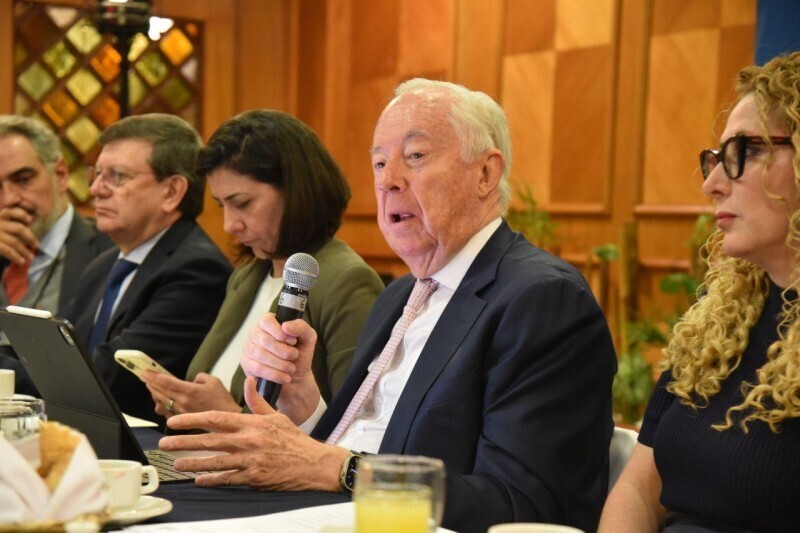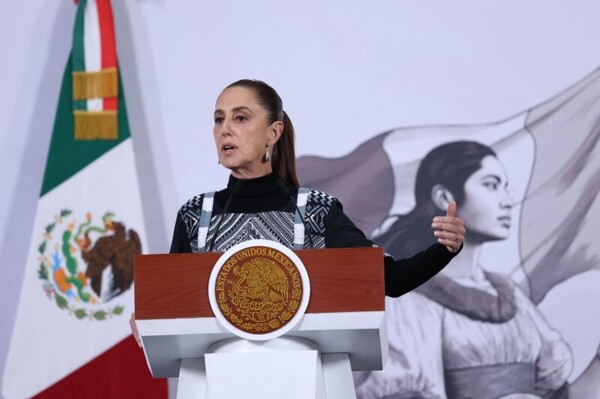
Mexican business leaders are calling for an active role in the upcoming 2026 T-MEC review. The first issue is any attempt to modify the expiration clause of the treaty, which currently mandates a review every six years and allows for extensions if all three countries agree. If this rule is changed, there is a risk that the T-MEC could expire automatically without transition periods, leaving Mexico, the United States, and Canada without a clear horizon for the agreement's continuity. According to ICC México, such a scenario would directly hit supply chains and investments that depend entirely on the treaty's stability.
The second risk highlighted by ICC México is a possible weakening of the digital trade chapter of the T-MEC, which currently allows for the cross-border flow of data and supports much of the technological integration among the three countries. The greatest risk is modifying the expiration clause and opening the door for the treaty to expire without a transition, creating uncertainty for businesses and supply chains.
The organization warns that any change that limits this exchange, through new restrictions, regulatory burdens, or discriminatory taxes, could stifle innovation, complicate operations for companies that rely on real-time data, and affect regional competitiveness. For the chamber, touching this chapter without due care would create a systemic risk, as digital trade is already a central pillar of North America's economic functioning.
Von Wobeser emphasized the strategy of President Claudia Sheinbaum not to confront Donald Trump and considered that a soft negotiation can avoid unnecessary tensions. "Call it private sector accompaniment or whatever you want, but it is important that technicians and companies participate at the time of negotiation," assured Claus von Wobeser, president of the International Chamber of Commerce México, at a press conference. The lawyer recognized the experience of the negotiation team led by Marcelo Ebrard but insisted on listening to companies, as they are the ones who face daily problems.
ICC México, which represents companies, law firms, and consultancies of different origins, sectors, and sizes, presented a document to the Secretariat of the Economy warning that the treaty review in 2026 will take place "in an environment full of risks." The analysis points to possible protectionist tensions in the United States, regulatory uncertainty in strategic sectors, pressures on automotive rules of origin, and concerns about legal stability, especially regarding changes to the Judiciary and dispute settlement mechanisms.
Industrialists dismiss the option of bilateral agreements. The business chamber warned about two particularly sensitive risks. "The risk of breaking the treaty would be brutal," he said and added that although there are affected sectors, trade continues to function relatively well.














